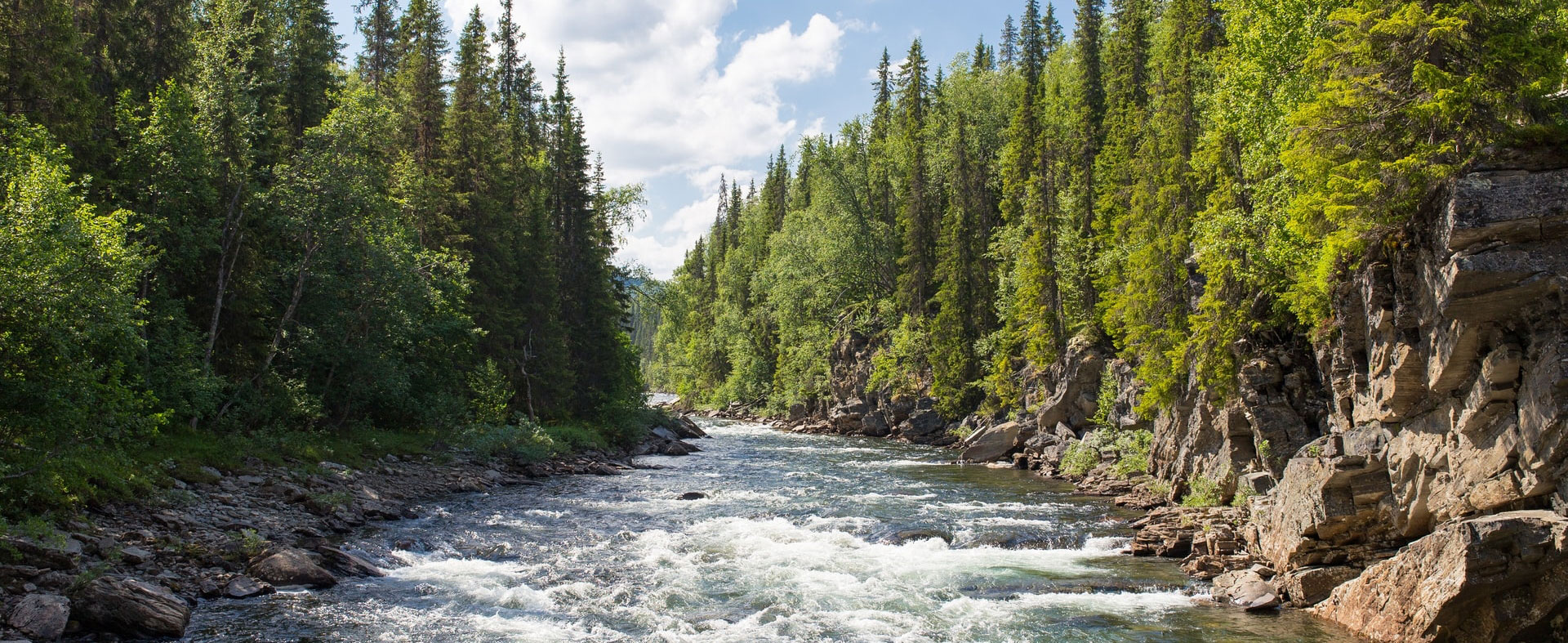
Past Workshops
Snow Measurement Field School 2025
Jan 6 - Jan 10, 2025
Accurate snowpack property measurements are needed as ground truth for remotely sensed data, as input for hydrological models, as input to ecological models, and as data when making avalanche forecasts. This course provides hands-on training and experience with snow measurements, to help directly with snow measurement research objectives and for interpreting snow measurements collected by others.
Snow Measurement Field School 2024
Jan 8 - Jan 11, 2024 | Application Deadline 10.18.2023
Accurate snowpack property measurements are needed as ground truth for remotely sensed data, as input for hydrological models, as input to ecological models, and as data when making avalanche forecasts. This course provides hands-on training and experience with snow measurements, to help directly with snow measurement research objectives and for interpreting snow measurements collected by others.
Reactive Transport with Sophisticated Reaction Networks: Hands-On Experience with the PFLOTRAN Reaction Sandbox
Nov 6 - Nov 9, 2023 | Registration Deadline 9.14.2023
CUAHSI is excited to collaborate with Pacific Northwest National Laboratory on this new short course!
Gain training in using reactive transport modeling to resolve environmental problems. There are a limited number of spots available for this short course. We recommend registering as soon as possible.
Snow Measurement Field School 2023
Mar 5 - Mar 10, 2023 | Application Deadline 12.19.2022
Accurate snowpack property measurements are needed as ground truth for remotely sensed data, as input for hydrological models, as input to ecological models, and as data when making avalanche forecasts. This course provides hands-on training and experience with snow measurements, to help directly with snow measurement research objectives and for interpreting snow measurements collected by others.
Open Source Electronics for Water Research and Real Time Water Monitoring
Sep 27 - Sep 28, 2022 EDT | Deadline to Register 9.10.2022
Low-cost, do-it-yourself electronic microcontrollers are revolutionizing hydrologic research by enabling scientists to customize measurement systems and utilize real-time data portals. Along with the possibilities for customized wireless communication and prototype construction, scientists are gaining an unlimited capacity for designing customized hydrologic measurement equipment.
Surface Water Field School
Aug 1 - Aug 5, 2022 | Application Deadline 5.19.2022
Join water researchers in the field to learn the latest techniques for measuring rivers, lakes and wetlands, and how to relate field surface water measurements to satellite observations!
Hands-on Hydrogeodesy: Combining GPS and Hydrologic datasets
Jul 18 - Jul 22, 2022
Application deadline, April 27th. Join hydrologists and geodesists in this workshop on the emerging discipline of hydrogeodesy: the measurement of the distribution and movement of water on and near Earth’s surface using observations of Earth’s shape, orientation, and gravitational field.
Snow Measurement Field School January 2022
Jan 2 - Jan 7, 2022 / 10:00 AM - 4:00 PM ET | REGISTRATION DEADLINE 10.18.2021
This course will give fundamental training to students in making and analyzing snow measurements including depth, density, water equivalence, grain size and shape, stratigraphy, temperature and hardness.
The Community WRF-Hydro Modeling System: Abridged Virtual Training Workshop October 2021
Oct 6 - Oct 8, 2021
This training workshop will provide graduate students and early career scientists with formal instruction on the structure and application of the WRF-Hydro system and will offer hands-on experience in setting up and running the system for several different research and prediction models.
Open Hydrological Sensor Technologies: DIY Stream Sensor Networks
Sep 20 - Sep 22, 2021
Some of the key barriers to entry for starting your own stream sensor network are the cost, learning curve, and uncertainty that the devices you make will produce accurate and reliable data. This class will provide participants with hands-on activities by instructors from the OPEnS Lab (Openly Published Environmental Sensing Lab) at Oregon State University to empower researchers with little to no technical background in starting their very own stream sensor networks.